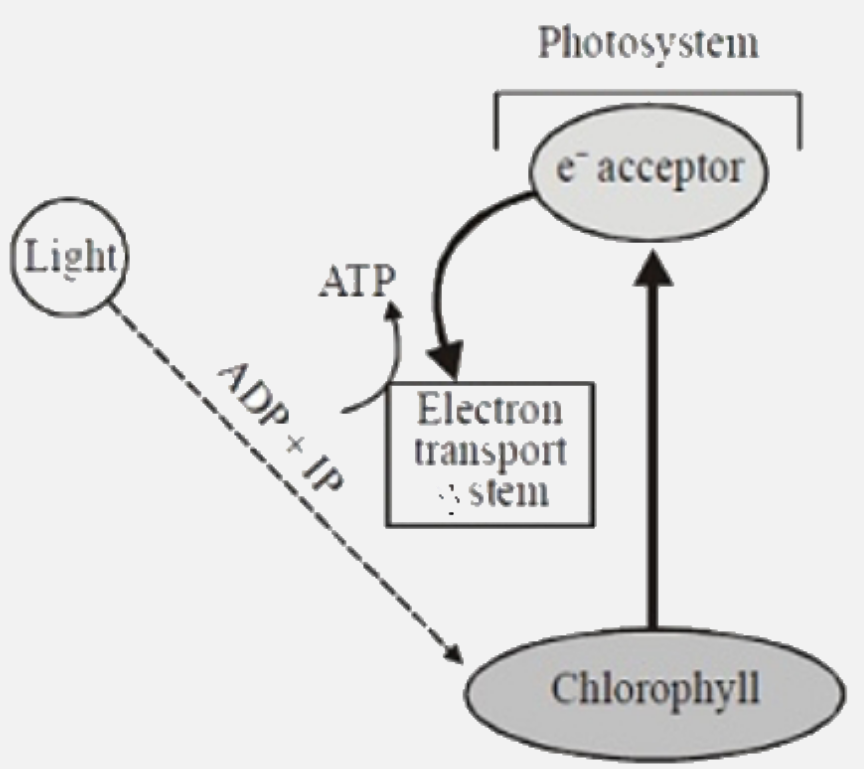Which of the following is not applicable to Agrobacterium tumifaciens?
Pathogen of several dicot plants.
Has the ability to transform normal plant cells.
Delivers gene of our interest.
Ti plasmid of it is always pathogenic to plants without any exception.
The correct Answer is:D
To solve the question "Which of the following is not applicable to Agrobacterium tumefaciens?", we will analyze each option provided and determine its relevance to Agrobacterium tumefaciens.
1. Understand Agrobacterium tumefaciens:
- Agrobacterium tumefaciens is a bacterium known for its role in plant pathology and biotechnology. It is particularly known for causing crown gall disease in plants.
2. Evaluate Option A:
- "Pathogen of several dicot plants."
- Agrobacterium tumefaciens is indeed a pathogen that affects many dicotyledonous plants by causing tumors.
- Conclusion: This statement is applicable.
3. Evaluate Option B:
- "Has the ability to transform normal plant cells."
- Agrobacterium tumefaciens can transfer a portion of its DNA (T-DNA) into the plant genome, leading to the transformation of normal plant cells into cancerous cells.
- Conclusion: This statement is applicable.
4. Evaluate Option C:
- "Deliver gene of our interest."
- Agrobacterium tumefaciens is widely used in genetic engineering to deliver genes of interest into plant cells via its Ti plasmid, making it a crucial tool in recombinant DNA technology.
- Conclusion: This statement is applicable.
5. Evaluate Option D:
- "Ti plasmid of it is always pathogenic to plant without any exception."
- This statement is misleading because while the Ti plasmid can cause disease, not all plants are susceptible to it. Some plant species exhibit resistance to the effects of the Ti plasmid.
- Conclusion: This statement is not applicable.
6. Final Answer:
- Based on the evaluations, the option that is not applicable to Agrobacterium tumefaciens is Option D.
Summary:
The correct answer to the question is Option D: "Ti plasmid of it is always pathogenic to plant without any exception."
- Agrobacterium tumefaciens is a bacterium known for its role in plant pathology and biotechnology. It is particularly known for causing crown gall disease in plants.
- "Pathogen of several dicot plants."
- Agrobacterium tumefaciens is indeed a pathogen that affects many dicotyledonous plants by causing tumors.
- Conclusion: This statement is applicable.
- "Has the ability to transform normal plant cells."
- Agrobacterium tumefaciens can transfer a portion of its DNA (T-DNA) into the plant genome, leading to the transformation of normal plant cells into cancerous cells.
- Conclusion: This statement is applicable.
- "Deliver gene of our interest."
- Agrobacterium tumefaciens is widely used in genetic engineering to deliver genes of interest into plant cells via its Ti plasmid, making it a crucial tool in recombinant DNA technology.
- Conclusion: This statement is applicable.
- "Ti plasmid of it is always pathogenic to plant without any exception."
- This statement is misleading because while the Ti plasmid can cause disease, not all plants are susceptible to it. Some plant species exhibit resistance to the effects of the Ti plasmid.
- Conclusion: This statement is not applicable.
- Based on the evaluations, the option that is not applicable to Agrobacterium tumefaciens is Option D.
The correct answer to the question is Option D: "Ti plasmid of it is always pathogenic to plant without any exception."
Topper's Solved these Questions
- BIOTECHNOLOGY:PRINCIPLES AND PROCESSESBOOK - CENGAGE BIOLOGY ENGLISHCHAPTER - BIOTECHNOLOGY:PRINCIPLES AND PROCESSESEXERCISE - ARCHIVES (Choose the correct option)
33 Videos
- BIOTECHNOLOGY AND ITS APPLICATIONSBOOK - CENGAGE BIOLOGY ENGLISHCHAPTER - BIOTECHNOLOGY AND ITS APPLICATIONSEXERCISE - ARCHIVES (CHOOSE THE CORRECT OPTIONS)
21 Videos
- BODY FLUIDS AND CIRCULATIONS BOOK - CENGAGE BIOLOGY ENGLISHCHAPTER - BODY FLUIDS AND CIRCULATIONS EXERCISE - ARCHIVES (Choose the correct option)
30 Videos
Similar Questions
DNA - viruses Which of the following owing is not applicable to Agrobacterium tumifaciens ?
View SolutionWhich of the following is not applicable to Drosophila
View Solutionwhich one of the following is not applicable to RNA
View SolutionAgrobacterium tumefaciens causes
View SolutionWhich of the following is not application of RNA :
View SolutionWhich if the following is not applicable for Bt - cotton ?
View Solution
Which of the following is applicable to the given figure ?
View SolutionWhich of the following is not applicable to sickle cell anaemia?
View SolutionWhich of the following is not an application of PCR ?
View Solutionwhich one of the following is not applicable to chemisorption ?
View Solution
